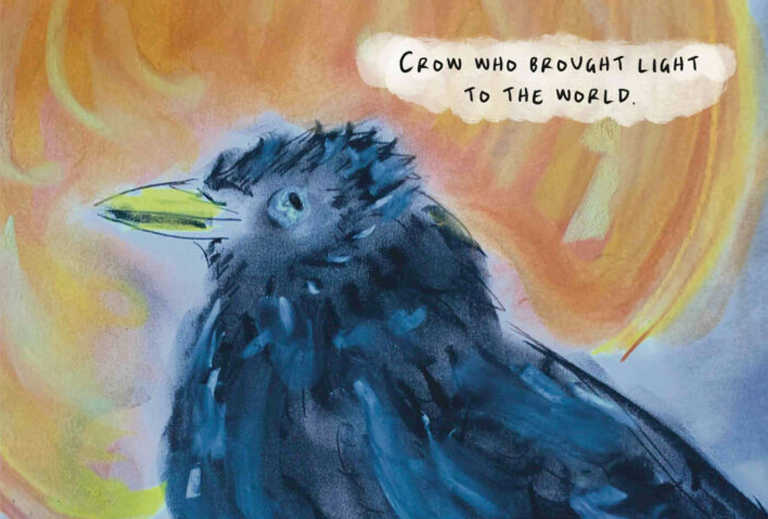
COMICS
POETRY [intro]
- Troels Heiredal
- Thaer Husien
- Svetlana Litvinchuk
- samodH Porawagamage
- Ron Riekki
- Rob Macaisa Colgate
- Pamela K. Santos
- Noemi Veberic Levovnik
- MK Kuol
- Mai-Linh Hong
- JeFF Stumpo
- Isobel Burke
- Dylan McNulty-Holmes
- Bunny Morris
- Baz
- Anton Lushankin
- Angela Sim
- Agboola Tariq A.
- Abdulbasit Oluwanishola
- .CHISARAOKWU.
FICTION [intro]
NONFICTION [intro]
TRANSLATION
- Valeria Rodrigo translates Esdras Parra
- Tom Tulloh translates Franck Gourdien
- Olga Zilberbourg translates Olga Bragina
- Nada Hodali translates Badriyah al-Badri
- Martyn Crucefix translates Jürgen Becker
- Liana Kapelke-Dale translates Blanca Verela
- Julia Conner translates Paloma Chen
- Eric Abalajon translates Lean Borlongan
- Christian Jil Benitez translates Allan N. Derain
- Brandon Otto translates Léon-Gontran Damas
- Anna Blasiak and Małgorzata Południak translate Małgorzata Południak
- Ági Bori translates Miklós Vámos
